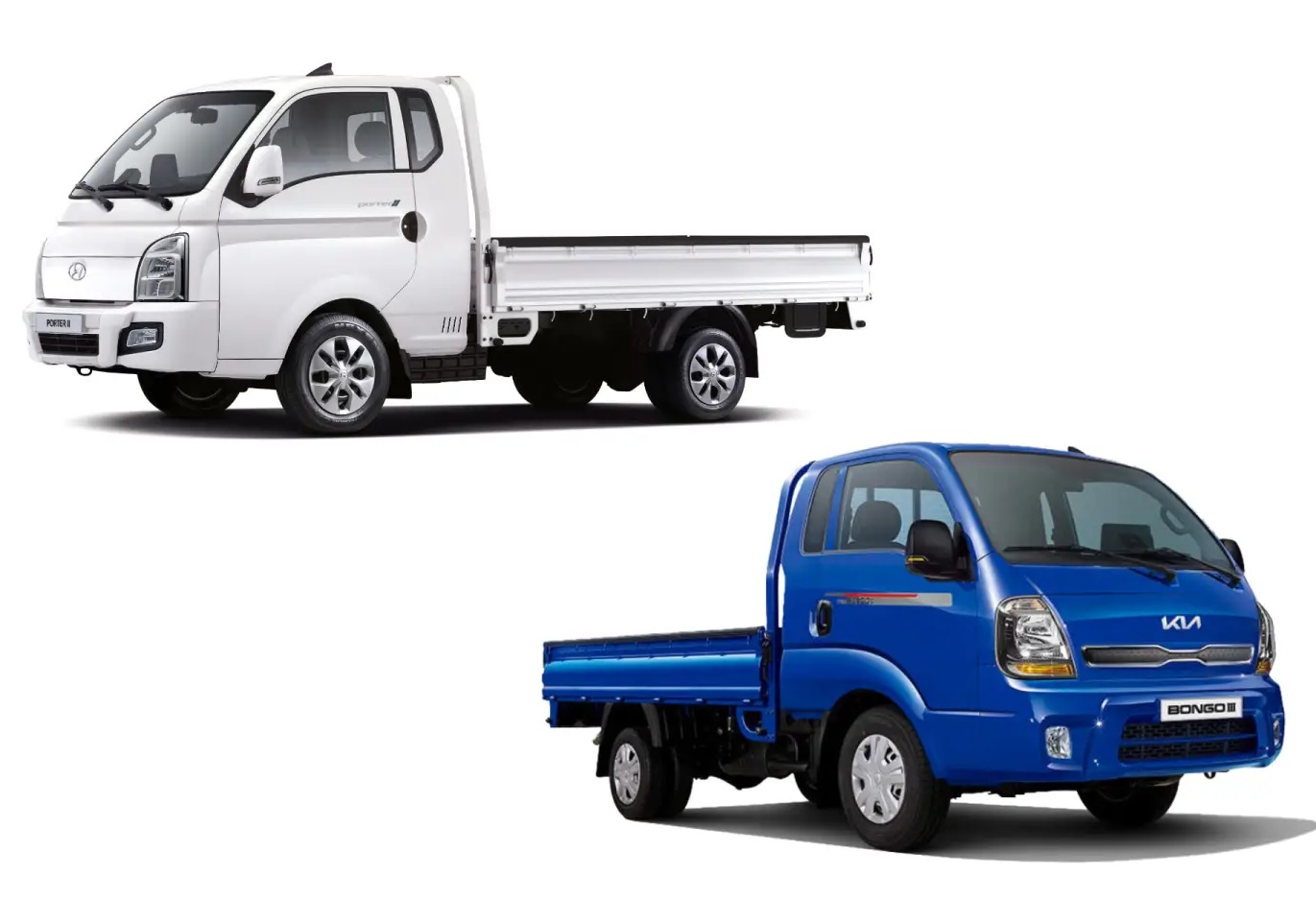Media Room
Korea will ban light diesel trucks in 2024, encouraging Autogas models

South Korea will prohibit small vehicles, such as 1-tonne trucks and small school buses, with diesel engines from new registrations next year, increasing sales of LPG-powered models in the segment popular among local small business owners.
Hyundai Motor Co. and Kia Corp., the country’s two largest automakers, sold more than 30,000 units of their new 1-tonne trucks with Autogas engines in the week following their November 22 launch, according to the Korea LPG Association. The sales were more than 12 times their weekly average this year. Such popularity prompted Kia to change the engine for the 1.2-tonne truck to one powered by LPG.
“Autogas trucks with eco-friendly features and performance will usher in the era of green trucks,” said an official at the association.
South Korea’s ban on 1-tonne diesel trucks, in accordance with the revised Air Quality Management Area Act that will take effect on 1 January 2024, will allow a wider adoption of eco-friendly models such as LPG and electric trucks. However, small business owners usually prefer LPG vehicles as they are cheaper than EVs and more convenient to fill.
The government plans to provide financial support of up to 9 million won (USD 6,813) to owners of those diesel vehicles if they scrap them and buy new Autogas models.
To meet the country’s eco-friendly policy, Hyundai and Kia ceased manufacturing diesel compact trucks and replaced them with LPG-powered versions. The automaking units of the world’s No. 3 carmaker Hyundai Motor Group installed 2.5-liter LPG-powered turbo engines, increasing the power of engines by 24 horsepower compared to diesel versions to ease concerns over the insufficient power of LPG vehicles.
About 150,000 small trucks are sold a year in South Korea. Hyundai Motor expects greenhouse gas emissions and NOx to fall by 16,000 tonnes and 1.1 million tons a year, respectively, for every 100,000 Autogas trucks sold based on each driving 10,000 kilometres (6,213 miles) annually.
Source: The Korea Economic Daily
20 December 2023
